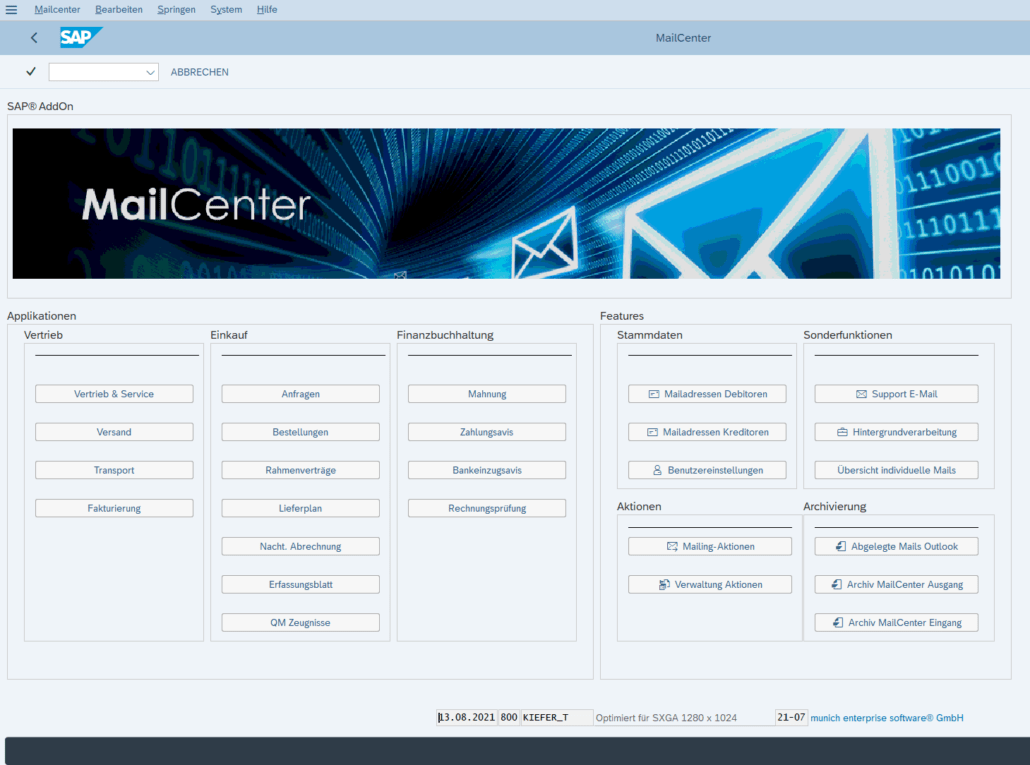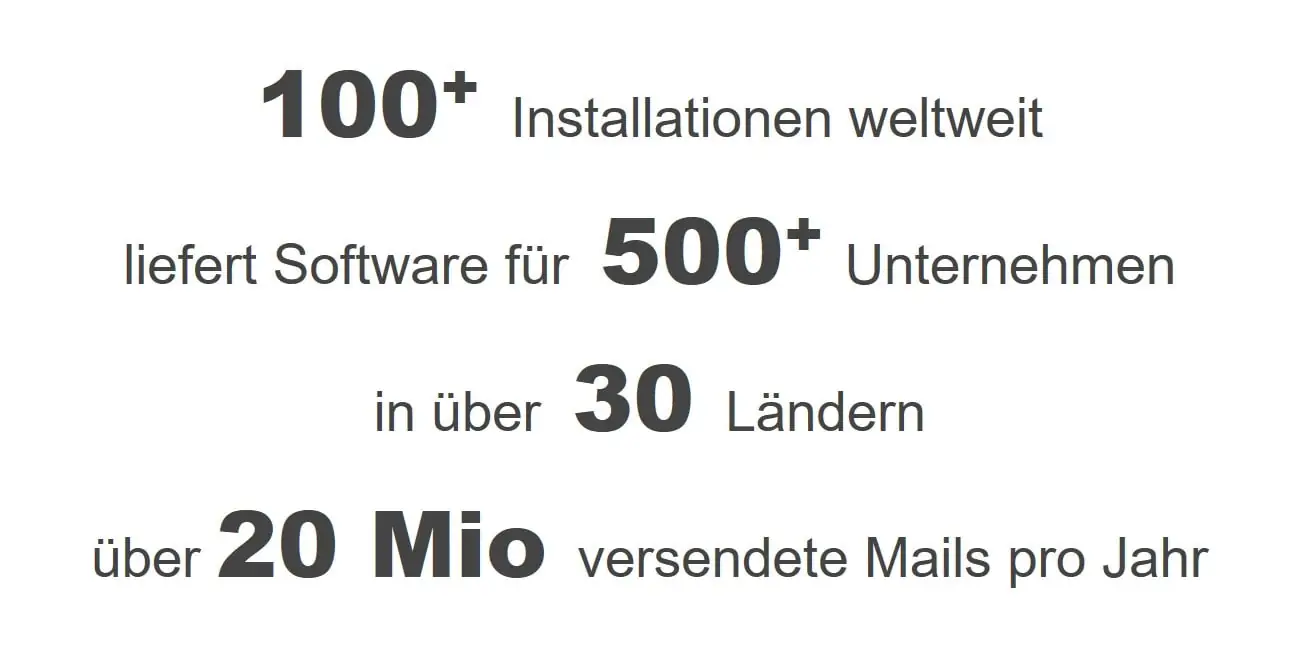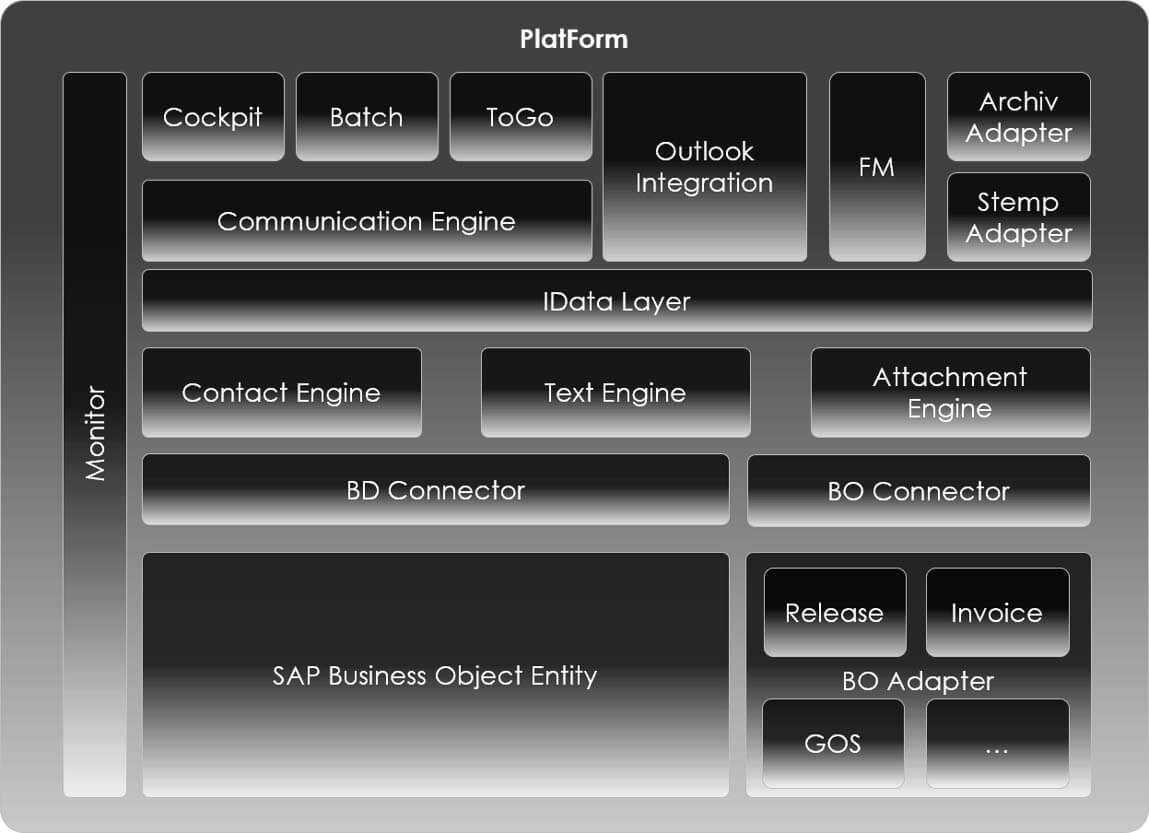According to a study by the management consultancy capgemini, the requirements of the management for the IT managers are clear: We need the expansion of digitization. This is the most important of all current demands. But what does that mean? What is behind digitalization, Industry 4.0 or digital transformation? According to a survey by the management consultancy Deloitte, medium-sized companies understand everything possible by digitization. From strategic alignment to the paperless office.
For us, digital transformation stands for intelligent business technologies that increasingly support companies in automating processes.
How do we distinguish the terms:
SAP Digitization – On the one hand, this means the conversion of documents and information from analog formats into digital structures. On the other hand, digitization stands for the integration of digital technologies into existing processes.
Digital Transformation – According to SAP, Digital Transformation is“an enterprise-wide initiative to integrate intelligent technology into all business areas to achieve better results and optimize performance and business processes”.
SAP Industry 4.0 – Intelligent and digitally networked systems as well as new information and communication technology are changing and optimizing industrial production.













